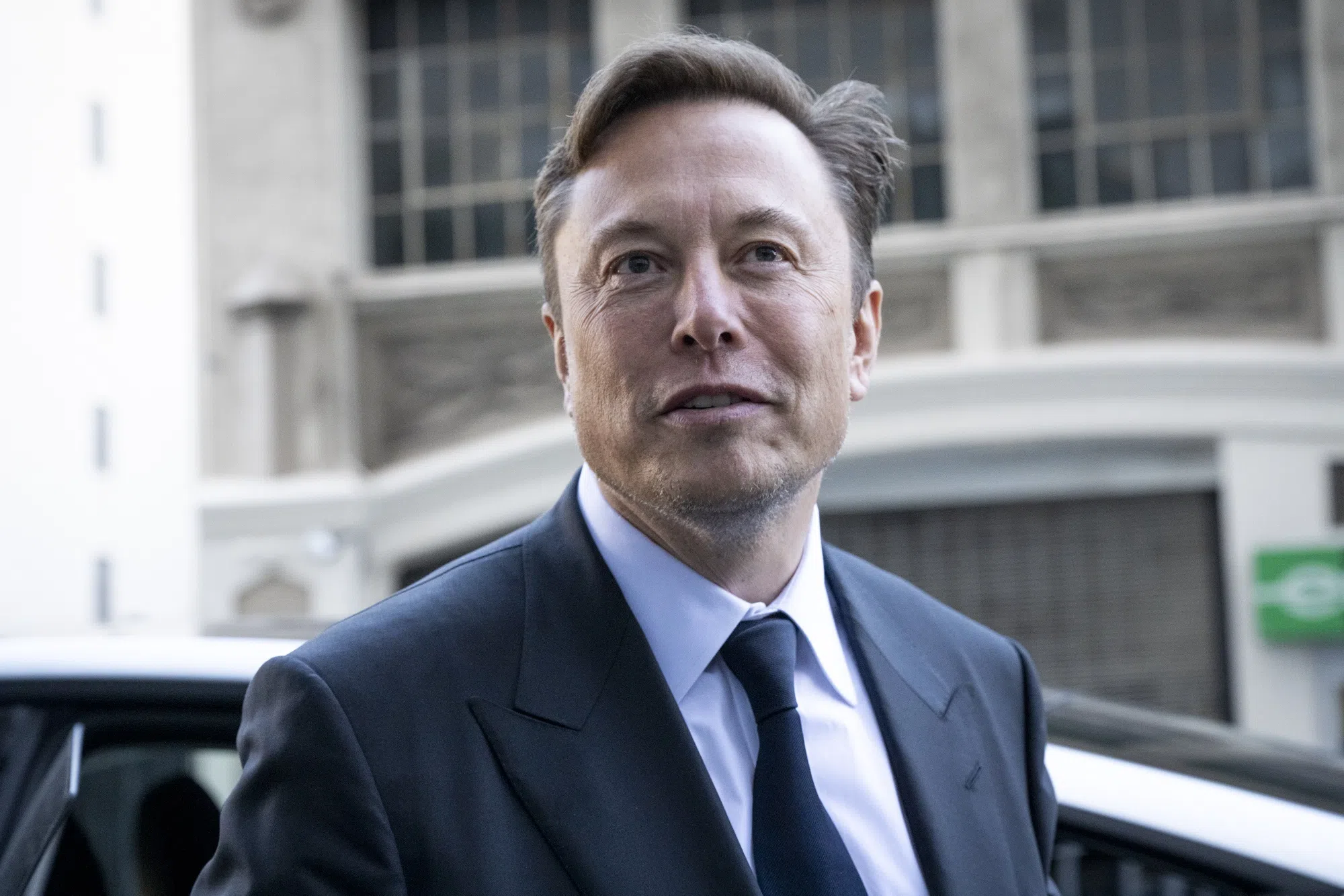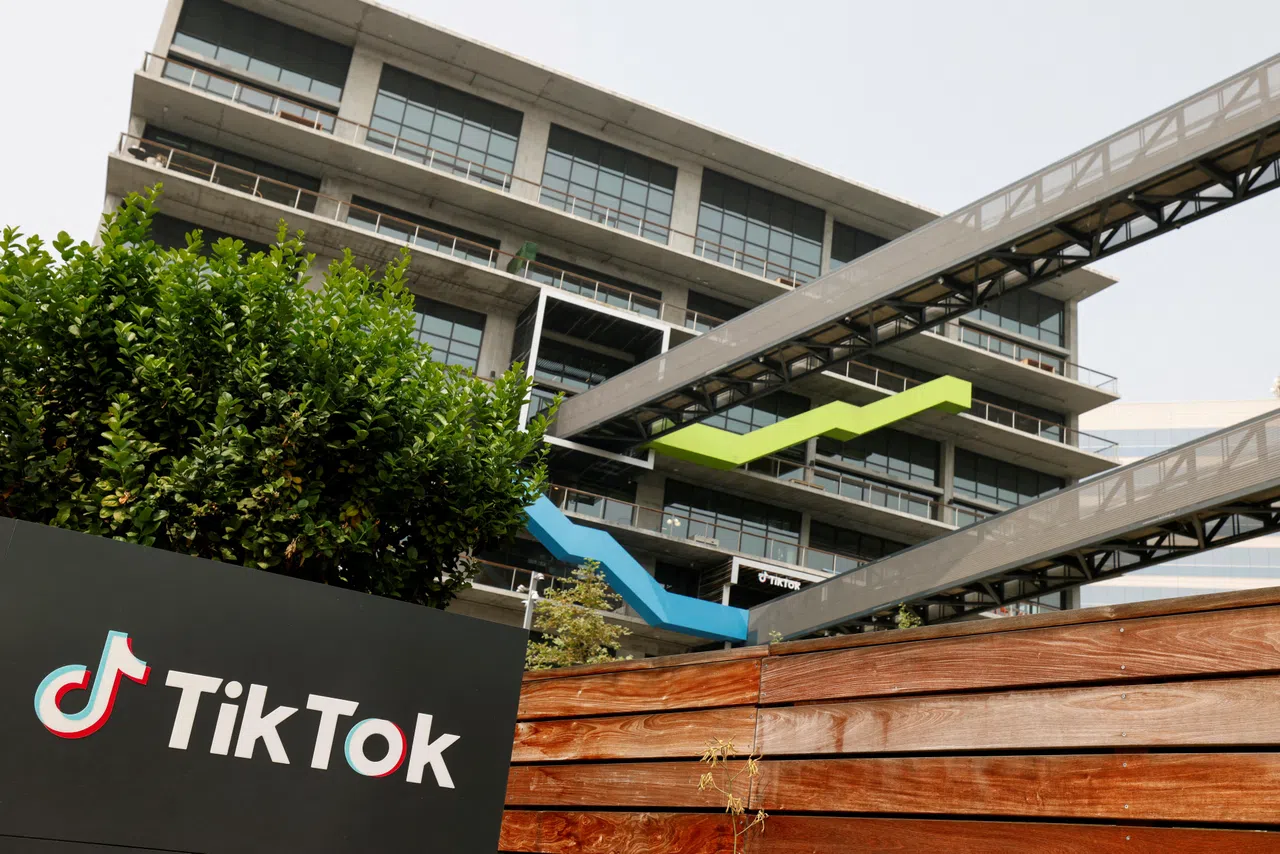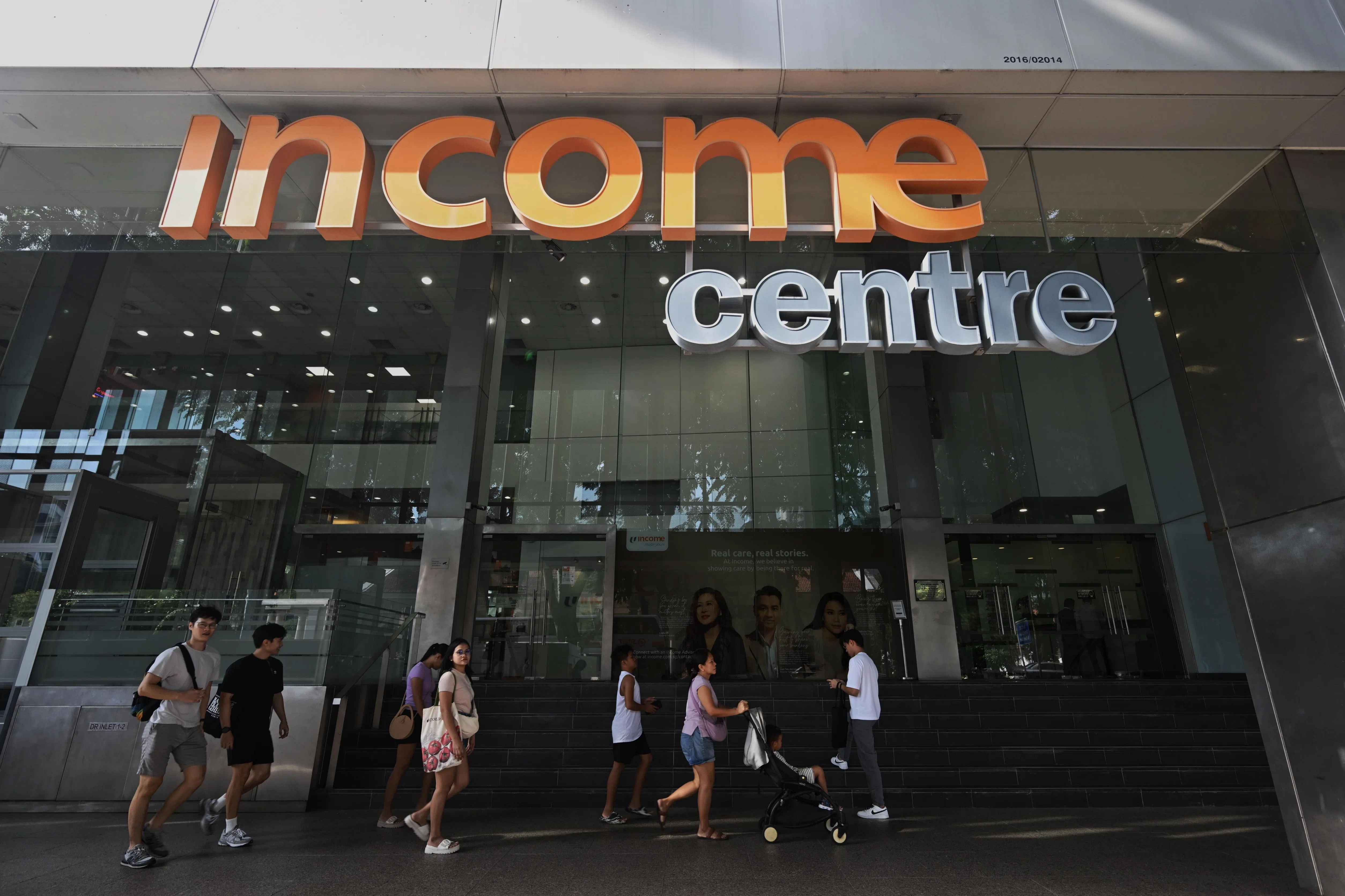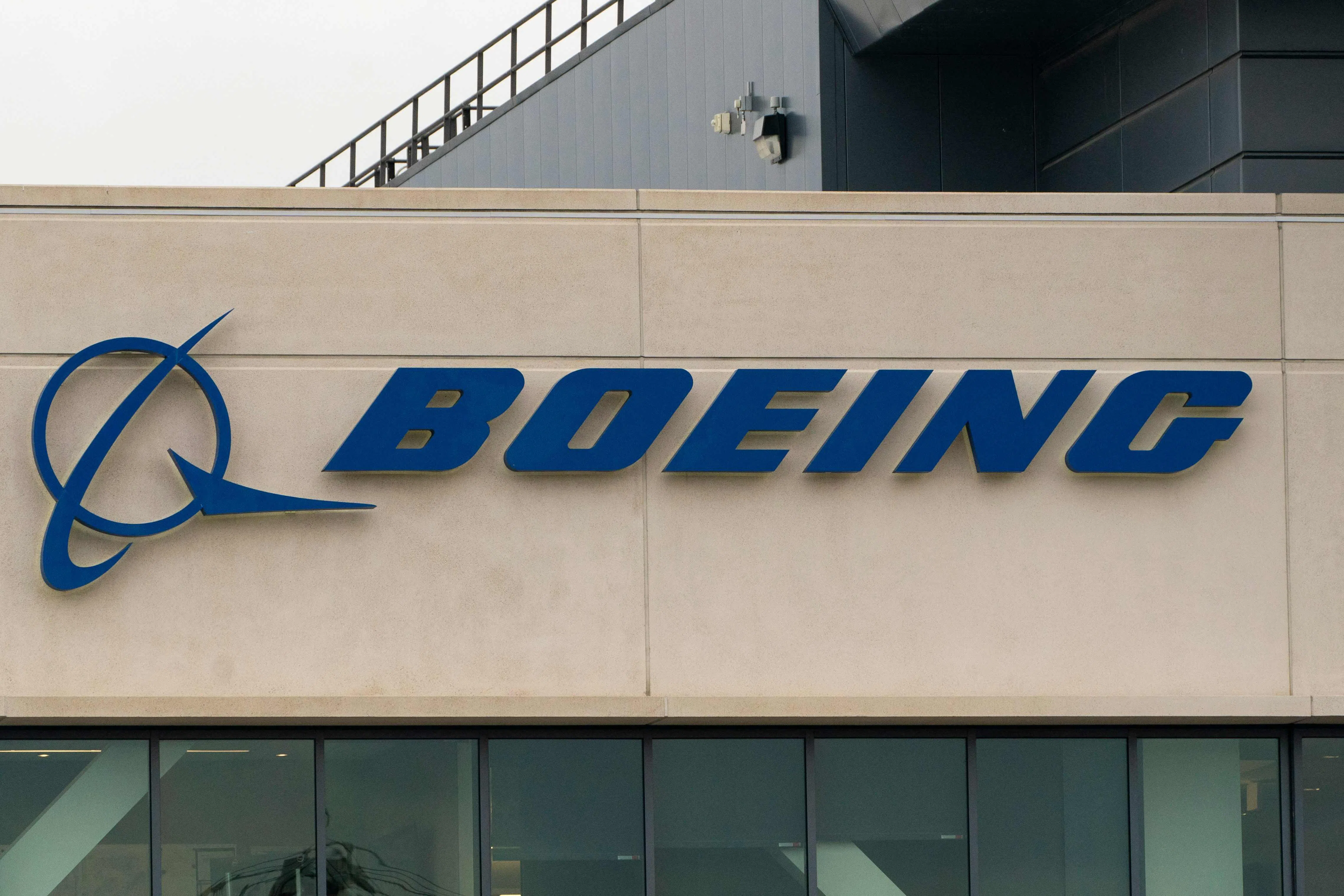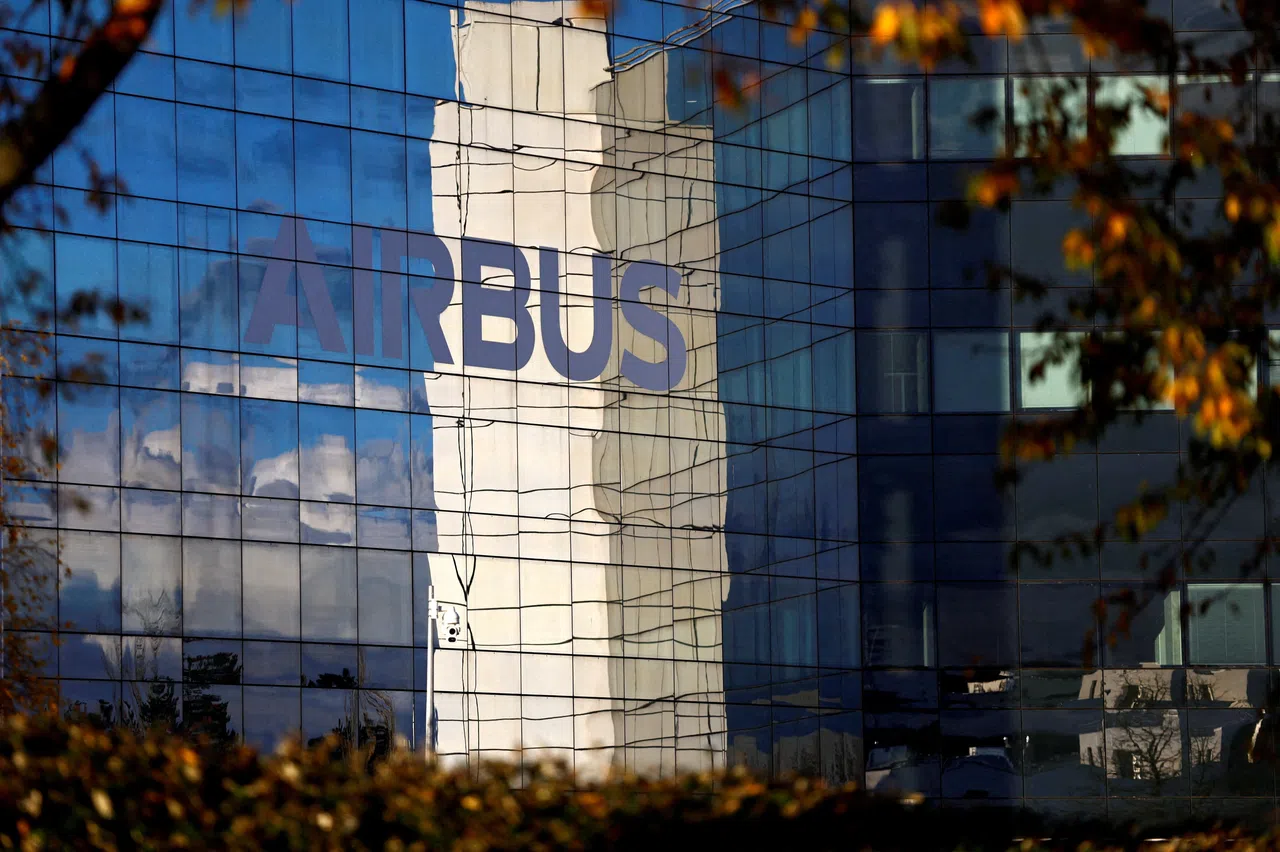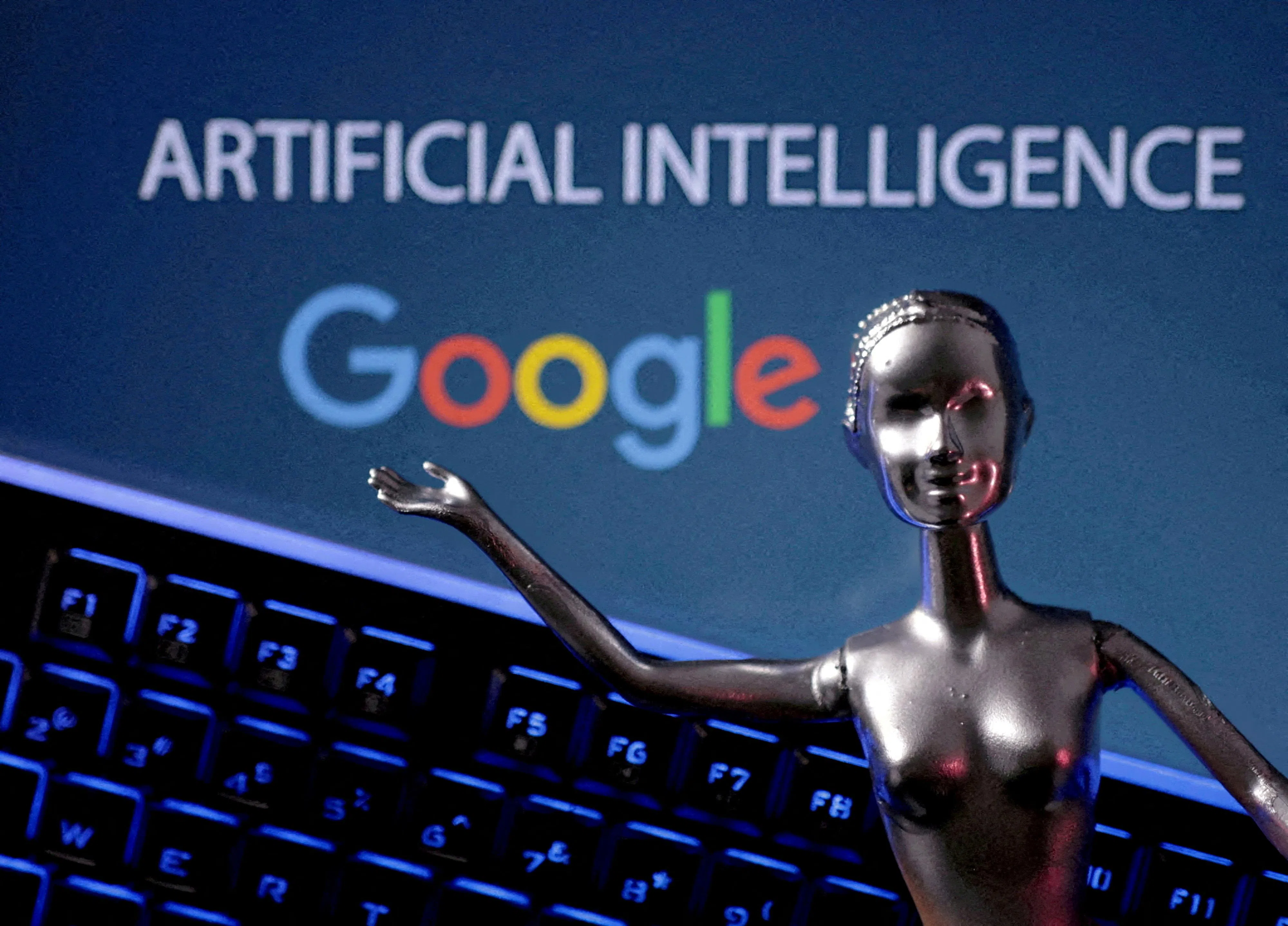A FEDERAL appeals court ruled the National Labor Relations Board (NLRB) exceeded its authority by ordering Elon Musk to delete a 2018 tweet telling Tesla workers they’d lose stock options if they unionised, handing the billionaire a win in one of the many legal fights over his comments on social media.
The 5th US Circuit Court of Appeals in New Orleans said on Friday (Oct 25) the Tesla chief executive officer’s tweet was protected speech and did not have to be deleted. The ruling overturns a decision last year by a three-judge panel of the same court, which ordered him to remove the post.
“We hold that Musk’s tweets are constitutionally protected speech and do not fall into the categories of unprotected communication such as obscenity and perjury,” the court said in its decision.
Musk, a self-styled free speech absolutist, has cultivated a reputation as a bombastic tweeter, who freely shares his opinion on politics, business and conspiracy theories. His online comments frequently land him in legal trouble, but that has not discouraged him from incendiary language and courts have rarely restricted what he could say.
At issue in the appeal was a 2018 tweet in which Musk replied to a question from another user about unions at Tesla: “Nothing stopping Tesla team at our car plant from voting union. Could do so tmrw if they wanted. But why pay union dues & give up stock options for nothing?”
‘Not a remedy’
The full court of appeals, which took up the case after Musk challenged his loss before a three-judge panel of the same court, concluded that the labour board should not have called for the post to be deleted. The court did not rule on whether Musk’s tweet illegally threatened Tesla workers.
BT in your inbox
Start and end each day with the latest news stories and analyses delivered straight to your inbox.
“Deleting the speech of private citizens on topics of public concern is not a remedy traditionally countenanced by American law,” the court said.
The 5th Circuit is considered the most conservative appellate court in the country and has made a slew of recent decisions rolling back agency power, raising concerns that a ruling in Musk’s favour could weaken the authority of the NLRB to police employers’ speech for threats and coercion. The NLRB made the original determination that Musk’s tweet illegally threatened workers.
In a dissenting opinion, several of the judges said the court’s ruling “says zip about whether the NLRB is entitled to enforcement of seven uncontested Tesla labour violations” and ignores “whether Musk’s tweet was an unfair labour practice”.
Labour fights
The decision comes as another of Musk’s companies, SpaceX, is in the midst of a separate feud with the labour board. The rocket manufacturer sued in January before the appeals court, arguing that a complaint against SpaceX for firing employees should be put on hold because the agency’s structure is unconstitutional.
Musk is also navigating other legal spats over his social media posts.
He’s had a long-running dispute with the Securities and Exchange Commission (SEC), which claimed in a lawsuit that he misled investors with a 2018 tweet declaring he had “funding secured” to take Tesla private, sending shares of the electric carmaker surging.
Musk and Tesla settled with the SEC and agreed that all Tesla-related tweets from Musk would be reviewed by an in-house lawyer before he posts them. But he tried to shake his “Twitter sitter” by accusing the SEC of harassing him and violating his free-speech rights. The US Supreme Court rejected his appeal on Apr 29.
Defamation suit
Last year, Musk was sued for defamation by a California resident who said the billionaire promoted a conspiracy theory falsely identifying the man as a federal agent posing as a neo-Nazi street brawler for a “false flag” government operation.
The lawsuit, filed in state court in Texas, is ongoing. In a Mar 27 deposition, Musk said he is “guilty of many self-inflicted wounds” resulting from his outspoken behaviour.
“There’s some risk that what I say is incorrect, but one has to balance that against having a chilling effect on free speech in general, which would undermine the entire foundation of our democracy,” Musk said.
He has been accused of inciting antisemitism on the X platform by reinstating previously banned accounts and engaging in a war of words with the Anti-Defamation League, which he claims has been responsible for slumping ad sales on the platform.
In 2023, Musk agreed to pay US$10,000 to settle a defamation lawsuit by a Tesla critic who alleged that the CEO smeared him with allegations that he had harassed employees of the car company.
In an earlier defamation case, Musk was sued by British cave diver Vernon Unsworth, whom he called a “pedo guy” after Unsworth criticised Musk’s attempts to assist in the 2018 rescue of Thai schoolchildren stranded in an underwater cave. A jury in December 2019 found Musk had not defamed Unsworth. BLOOMBERG

